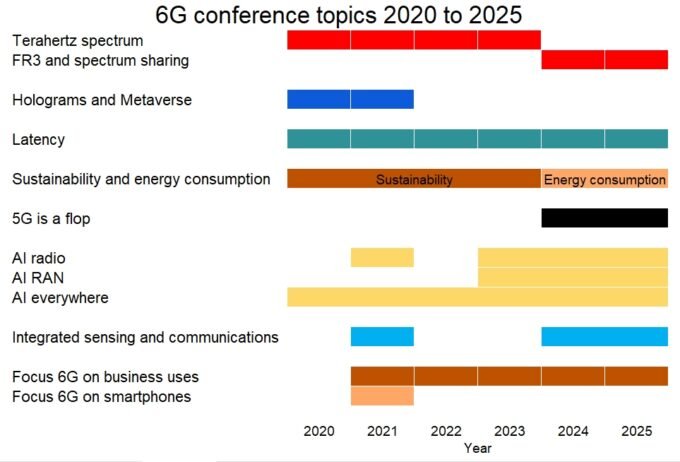When the Independent National Electoral Commission (INEC) named Chukwuma Soludo winner of the Anambra governorship race, it didn’t come as a thunderbolt. The numbers were decisive — Soludo of the All Progressives Grand Alliance (APGA) scored 422,664 votes, far ahead of the closest challenger, Prince Nicholas Ukachukwu of the All Progressives Congress (APC), who got 99,445. After that, totals dropped quickly: Young Progressives Party’s Paul Chukwuma had 37,753; Labour Party’s George Moghalu polled just 10,576; and the African Democratic Congress (ADC) candidate, John Nwosu, gathered 8,208. The arithmetic, frankly, told a story of a fractured opposition and a sitting governor who did a lot of things right — or at least, managed to avoid the mistakes his rivals made.
A victory like this has layers. On the surface it’s about votes counted and tally sheets signed. Deeper down it’s about messy human things: internal fights, last-minute decisions, money changing hands, and a campaign that worked the ground while others argued in courtrooms or on party WhatsApp threads. I’ll try to untangle it — not perfectly, but enough to see why APGA dominated.
Also read: New Political Path: Ajadi Moves from NNPP to PDP
Why Labour fell apart
The Labour Party arrived in the race carrying a reputation from the 2023 national wave — but that reputation didn’t survive the state primary season. Instead of a tight, clear candidacy, LP produced multiple claimants, each backed by rival party factions. Different camps insisted their man was the real candidate; courts had to step in; and by the time a single name emerged, the party had already lost time and energy.
Grassroots supporters were confused. In some local government areas, people said they wanted to vote Labour but hadn’t seen any coherent campaign. That matters: elections aren’t won in conference rooms, they’re won at town squares, markets, and porches. If your supporters can’t even name who’s running, turnout and enthusiasm collapse. I remember reading a comment from Nnewi South — “We were ready to vote Labour, but no one even came here to campaign.” It’s blunt, but it shows how internal strife translated directly into votes not cast.
PDP’s self-inflicted wounds
The Peoples Democratic Party (PDP) didn’t help itself either. The party has been wrestling with leadership strife since 2023 and the aftershocks showed in candidate recruitment. Several potential aspirants reportedly backed away from buying nomination forms because they didn’t trust the party machinery at the time. In the end, PDP’s flag-bearer became Chief Jude Ezenwafor, an Abuja-based real estate developer who was effectively the sole nominee after delegates in the state endorsed him.
That kind of late, constrained selection process often leaves a candidate short on time, on local name recognition, and on the networks needed to mobilize supporters. It’s not always fatal, but combined with Labour’s troubles it left the non-APGA vote split and diminished.
Also read: When Silence Pays: Voices, Safety, and the Cost of Speaking Out #VDM
Money, morality, and the polling unit
One can’t ignore the reports of vote buying. Multiple sources said cash was changing hands across the state — amounts per voter varying, from a few thousand naira up to bigger sums in some places. Some voters around Awka South claimed APGA gave N5,000, while APC allegedly offered up to N10,000. Labour Party’s Moghalu bluntly said he couldn’t match those payments and refused to participate. He blamed the outcome in parts of his own polling unit on what he described as widespread inducements.
This is the ugly side of many contests: a mix of poverty, opportunity, and cynical calculation. Voters facing real economic pressure may sell a ballot not because they don’t care about policy, but because the immediate need is pressing. That doesn’t excuse the practice — far from it — but it does explain why vote-buying can have such visible effects. And when party agents are more present and more able to mobilize cash, that presence itself becomes part of the campaign infrastructure.
Incumbency and the APGA advantage
Soludo’s incumbency gave him some clear edges. He ran on tangible projects: roads, education tweaks, and economic initiatives that people could point to. Incumbents also have familiar networks — civil servants, local leaders, and the party machinery — and APGA’s long-term organization in rural areas remains strong. On election day, APGA agents reportedly dominated many polling units, while rivals struggled to keep people at the tables. Those practical advantages, plus the fractured opposition, added up to a sweep of the 21 local government areas.
Again, this isn’t just flattering PR; it’s logistics. If your party has agents at polling units, you reduce the chances of irregularities going unnoticed; you boost confidence among supporters; you keep the narrative under control. Soludo combined visibility with ground-level presence. That’s effective even when other factors — like accusations of vote buying — complicate the picture.
What analysts say and what it means
Commentators are already drawing lessons. Some analysts warn that the 2025 Anambra election is a warning to opposition parties: get your act together or risk being sidelined in 2027 as well. One public affairs analyst stressed that unless parties reconcile and form stronger coalitions, the ruling party will keep consolidating power. There’s a practical truth there: when opposition votes are split across weak or chaotic campaigns, a unified front (or the better organized party) benefits.
Still, I’m cautious about treating this as a simple moral about unity. Politics is messy, and alliances are hard. People disagree, ambitions clash, and structural problems — like vote buying — muddy the impact of any single strategy. But yes, the short lesson is obvious: clarity, organization, and local outreach win elections. Factionalism and last-minute deals do not.
Also read: A Closer Look at the Ned Nwoko–Regina Daniels Buzz (and Why It Keeps Us Talking) Verydarkman Video
Closing thoughts
So, Soludo won because he had the tools — incumbency, programs to point at, and a party base that was active on the ground. His opponents lost because they were divided, underprepared, and in at least some cases outgunned financially at the polling unit. There are systemic issues to resolve — electoral integrity being the biggest — but for now the practical politics in Anambra rewarded those who showed up organized and present.














Leave a comment